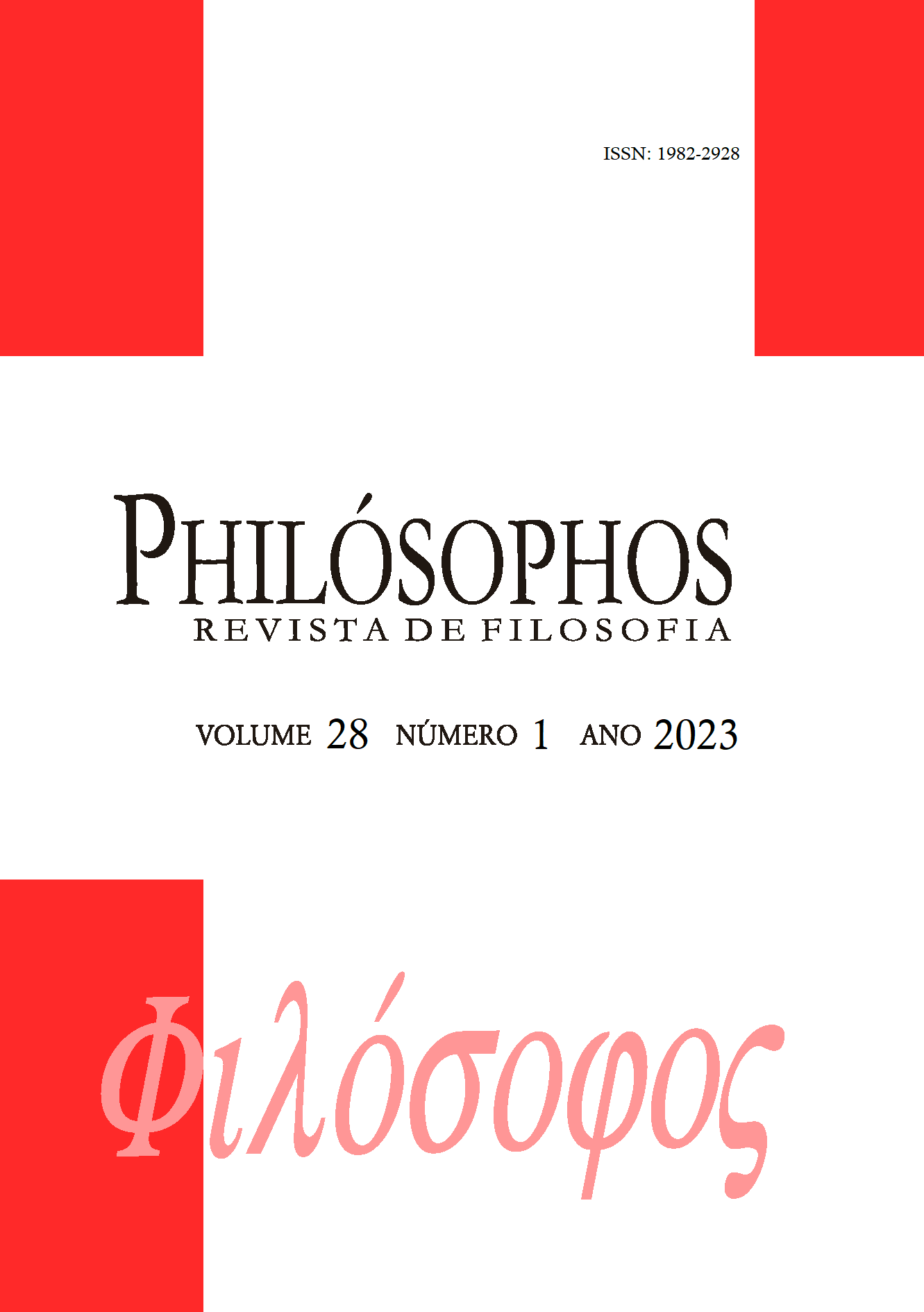Quatro formas de silenciamento
Um estudo a partir da crítica de Rae Langton à pornografia
DOI:
https://doi.org/10.5216/phi.v28i1.76146Keywords:
atos de fala, silenciamento ilocucionário, subordinação, taxonomia de John Searle.Abstract
This paper aims to explore the various forms of silencing, based on Rae Langton's analysis of the subordination and silencing of women in pornography. Throughout the article, I will separate the notion of silencing from the context of pornography. Langton, based on John Austin, distinguishes three forms of silencing: locutionary, illocutionary, and perlocutionary. The article proposes a separation between the silencing of the utterance act and the silencing of the locutionary act. This will allow for the analysis of four types of silencing of the utterance act: physical, intimidatory, psychological, and structural. The use of John Searle's speech act taxonomy will enable us to observe in detail how the silencing of illocutionary acts is connected to the conditions for performing the acts. This will enable us to distinguish, within what Langton calls illocutionary silencing, three forms of silencing: silencing of preparatory conditions, silencing of sincerity conditions, and silencing of essential conditions. The various forms of silencing have been used for antidemocratic purposes and applied systematically. Understanding the forms of silencing will allow us to identify strategies to combat these various forms.
Downloads
Downloads
Published
How to Cite
Issue
Section
License
Copyright (c) 2023 Philósophos a journal of philosophy

This work is licensed under a Creative Commons Attribution-NonCommercial-NoDerivatives 4.0 International License.
Authors who publish in this journal agree to the following terms:
- Authors retain copyright and grant the journal right of first publication, with the work simultaneously licensed under a Creative Commons Attribution License that allows others to share the work with an acknowledgement of the work's authorship and initial publication in this journal.
- Authors are authorized to enter into separate, additional contractual arrangements for the non-exclusive distribution of the journal's published version of the work (e.g., publishing in an institutional repository or as a book chapter), with an acknowledgement of its authorship and initial publication in this journal.















